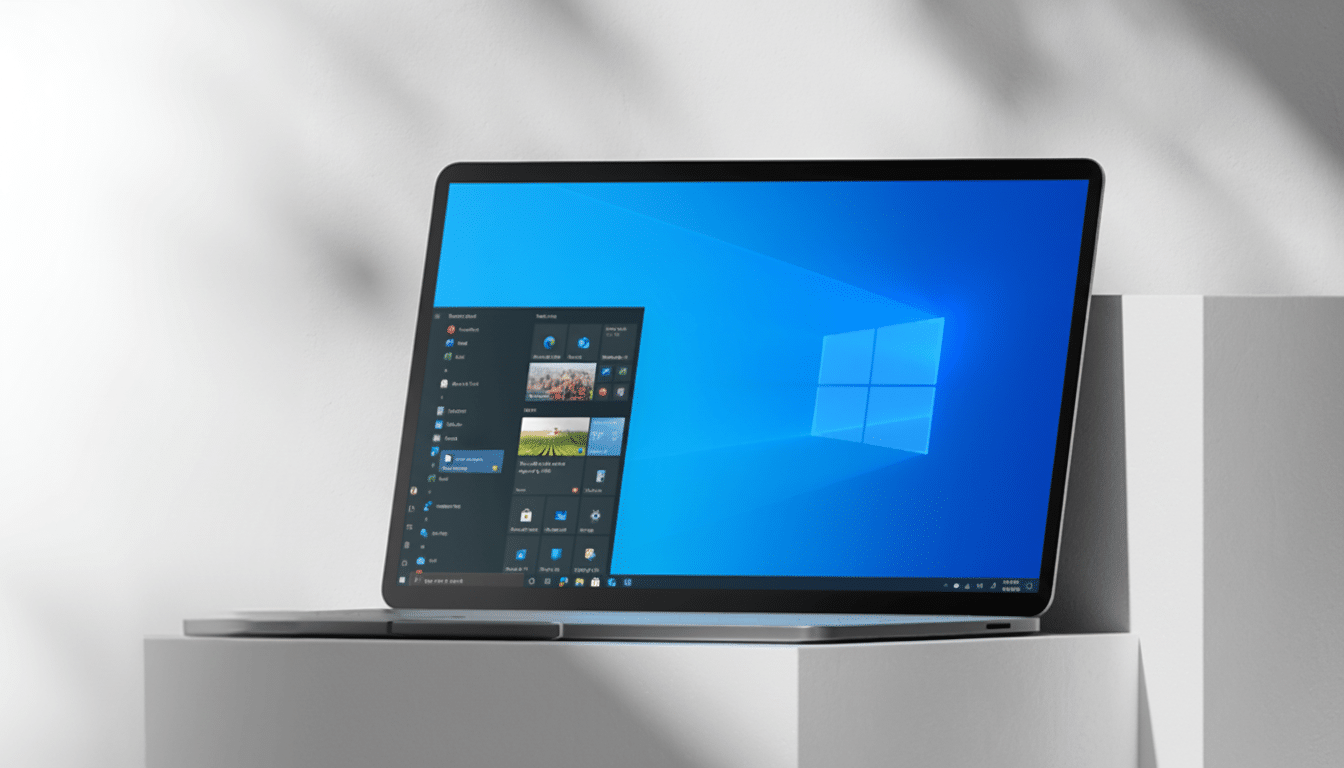All-in, this is a far steeper promotion, considerably less expensive to switch than to maintain an up-to-date operating system. The same license and training are up for grabs again for roughly $20, helping people make the leap from Windows 10 to Windows 11 with ease.
With support for security patches on Windows 10 ending, staying put raises risk and restricts access to new features. This offer combines both the software and hands-on learning to minimize upgrade friction for home users, freelancers, and small teams.

What You Get With the $20 Bundle and Training
The headline offer here is a Windows 11 Pro license key, a significant markdown from the usual retail price of $199 for Pro. The pack is said to include several tutorial modules on setup, personalization, and daily workflow advice.
Course topics often include:
- Start menu and taskbar personalization
- OneDrive and account management
- Keyboard shortcuts
- Snap layouts
- Working with multiple desktops
- Basic troubleshooting
There’s typically a security section as well, with instructions on BitLocker, Smart App Control, and privacy settings—good for anyone hardening a fresh install.
Why Windows 11 Pro Matters Now for Security and Work
Windows 11 isn’t all about a refreshed look. Things like Snap Layouts, virtual desktop enhancements, and built-in Copilot could really streamline your multitasking. It also bakes in additional security defaults, including TPM-based device identity and more stringent driver and app controls.
Pro additions include the controls that power users and small businesses care about: BitLocker full-disk encryption, Remote Desktop host, Group Policy, Hyper-V, Windows Sandbox, and Windows Update for Business. For anyone handling client data on a laptop or reaching office PCs from afar, those are practical, not luxury, features.
Security agencies have long warned that unsupported operating systems may give end users a false sense of security and diminish their ability to counter known vulnerabilities. Industry research from IBM, for one, found that breach costs were trending upward, highlighting the simple math: an upgrade is cheaper than an incident response. Windows 11’s security model is set up to minimize the attack surface and more quickly restore if something does go wrong.

Upgrade Caveats and Hardware Checks You Should Run First
Test for hardware compatibility before you buy. Microsoft mandates TPM 2.0, Secure Boot, 4GB of RAM, 64GB of storage, and a supported CPU generation.
- TPM 2.0
- Secure Boot
- 4GB of RAM
- 64GB of storage
- Supported CPU generation
Microsoft’s free PC Health Check tool can confirm whether your device is supported and can help you understand your options.
Plan your move: Back up files, check app and driver support, and choose between an in-place upgrade (preserve files and apps) or a clean install (replace the previous Windows version with a fresh copy on a blank drive). It’s worth noting that, in the real world, seventh-gen machines with Intel chips or first-gen Ryzen chips may end up failing the CPU test as well—making such machines better candidates for buying a new system or repurposing the rest of it.
Is It Too Cheap to Be True? What to Watch Before Buying
An ultra-low price on an operating system is usually—but not always—a red flag. If you’re looking to use it in your business, you’ll almost certainly need to upgrade from this bargain-basement version. These offers can be legitimate but have strings attached: they could work only on a single device, not have the right to transfer, or only with limited support. Above all, always read the seller’s rules and check for a unique activation key.
Once installed, open Settings and go to System > Activation to verify successful activation. You should see that your copy of Windows is activated with a digital license. If anything seems amiss—constant deactivations or activation problems, to give two of many possible examples—ask for a fix or your money back. Being that the aggregate “MSRP” amount is generally cited at approximately $237, a sticker of $20 equates to nearly 92% off, so be on your toes.
Who This Windows 11 Pro Deal Is Best Suited For
This bundle is a good option for Windows 10 resisters who want Pro features but not at retail prices, or students who learn better with guidance rather than through trial and error. Freelancers locking down client files with BitLocker, students leveraging Snap Layouts to craft ideal study setups, and remote workers referring to notes from Remote Desktop are obvious fits.
Companies operating in compliance environments should still prefer official volume licensing and wide deployment tools. For everyone else, this $20 Windows 11 Pro and training bundle is a convenient, inexpensive way into an up-to-date OS—and one that’s more secure as your daily driver for years to come.

